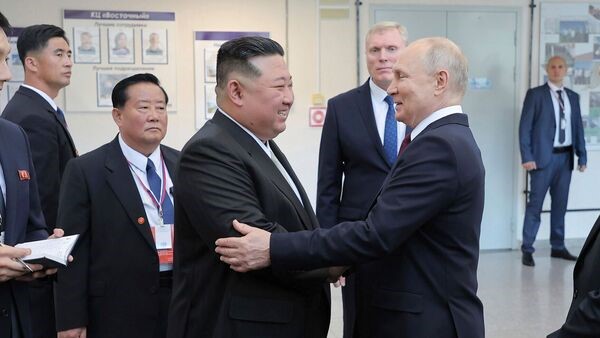Google has agreed to pay a whopping $700 million and make some changes for around 102 million customers in the United States. This comes as part of a deal related to an antitrust case over fees that Google charged through its app store.
Here’s what you need to know:
The Payment: Google will pay $700 million. The majority, $630 million, will go into a fund to compensate US customers who were charged higher prices for digital transactions within apps downloaded from the Play Store.
Who Gets the Money: Around 71% of the people covered by the settlement, which is about 70 million customers, will receive at least $2. The amount might increase based on how much they spent on the Play Store between August 16, 2016, and September 30, 2023.
Additional Fund: Google will put an extra $70 million into a separate fund that the states will use to cover penalties and other costs.
Changes for Android Users: Google will make it easier for people to download and install Android apps from sources other than the Play Store for the next five years. It won’t give security warnings when users opt for alternatives.
Developer Choices: Google agreed to allow app developers to let users pay using a different payment system instead of Google’s.
Legal Perspective: Colorado Attorney General Phil Weiser stated that they took legal action because using monopoly power to increase prices and limit consumer choice is illegal.
Google’s Response: Google seems positive about the settlement, aiming to move forward and highlighting their commitment to app store choice. The deal still needs approval from US District Judge James Donato.
This settlement is a significant step in addressing concerns about competition and pricing in the tech giant’s app store, bringing relief and potential compensation to millions of Americans.











